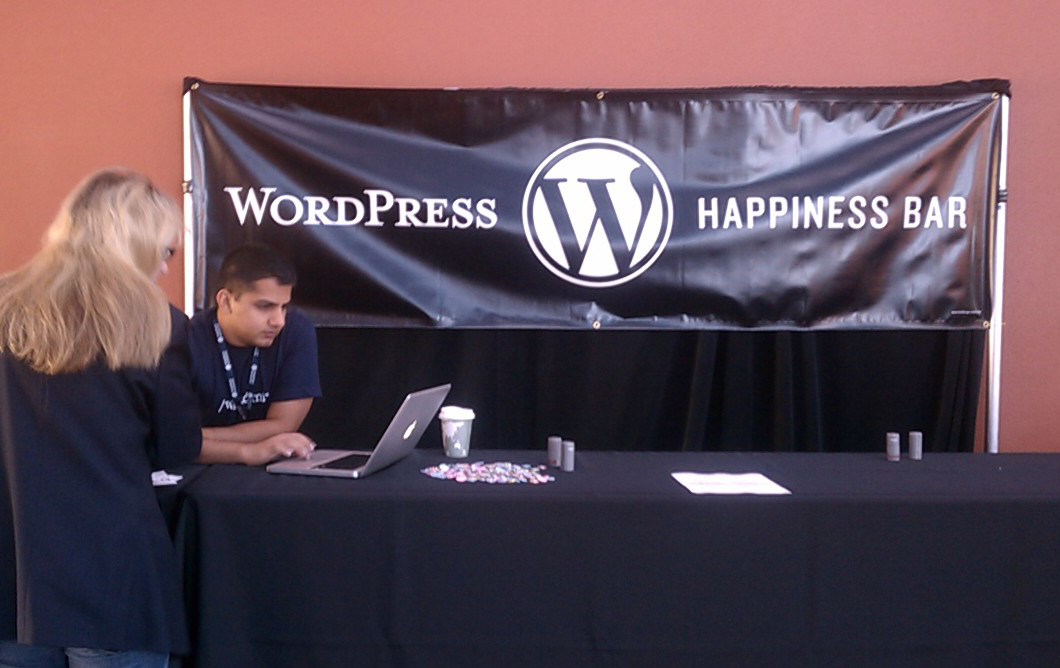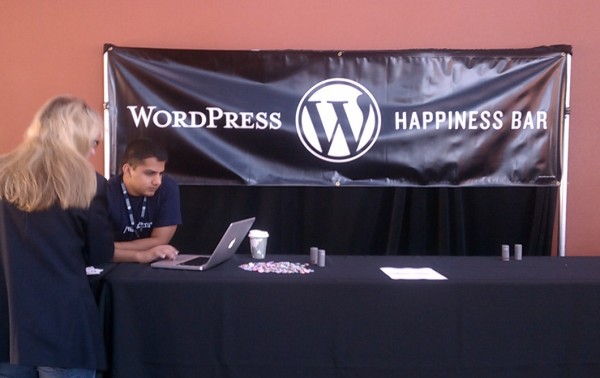OK, so I’m a bit of a Cowboy Coder and after a session with Mark Jaquith the other week at WordCamp San Francisco, I’ve been mildly shamed into learning what I need to start using version control.
At home I have a pretty high-powered gaming PC and when I’m on the go I’m using a MacBook Pro. So the first thing I did using a (somewhat old but relevant) guide by Westi to setup TortoiseSVN on my PC and started hooking up my WordPress Trunk build repo using SVN. Prior to now, I’ve always sort of done it the hard way, e.g. a whole lot of downloading and ftp-ing a couple of times a week.
First impression: SVN is kind of complicated at first, but once you sort of get the hang of it, it’s a heckuva lot less work overall. After I got the hang of doing checkouts, updates and commits with my local repo, I got a little more ambitious and set out to get SVN setup on my VPS.
After an install, uninstall and re-install, I finally got all of the ra_* (See: Repository Access) modules in place that would allow me to checkout code from http & https URLs. Thanks to a very helpful guide by Otto, I managed to setup svn:externals and perform a couple of checkouts and updates directly from the WordPress trunk and my VPS. Pretty neat.
NoteToSelf: Next time: Read about it, read about it, try, fail, try, fail, fail, WIN.



 According to a
According to a